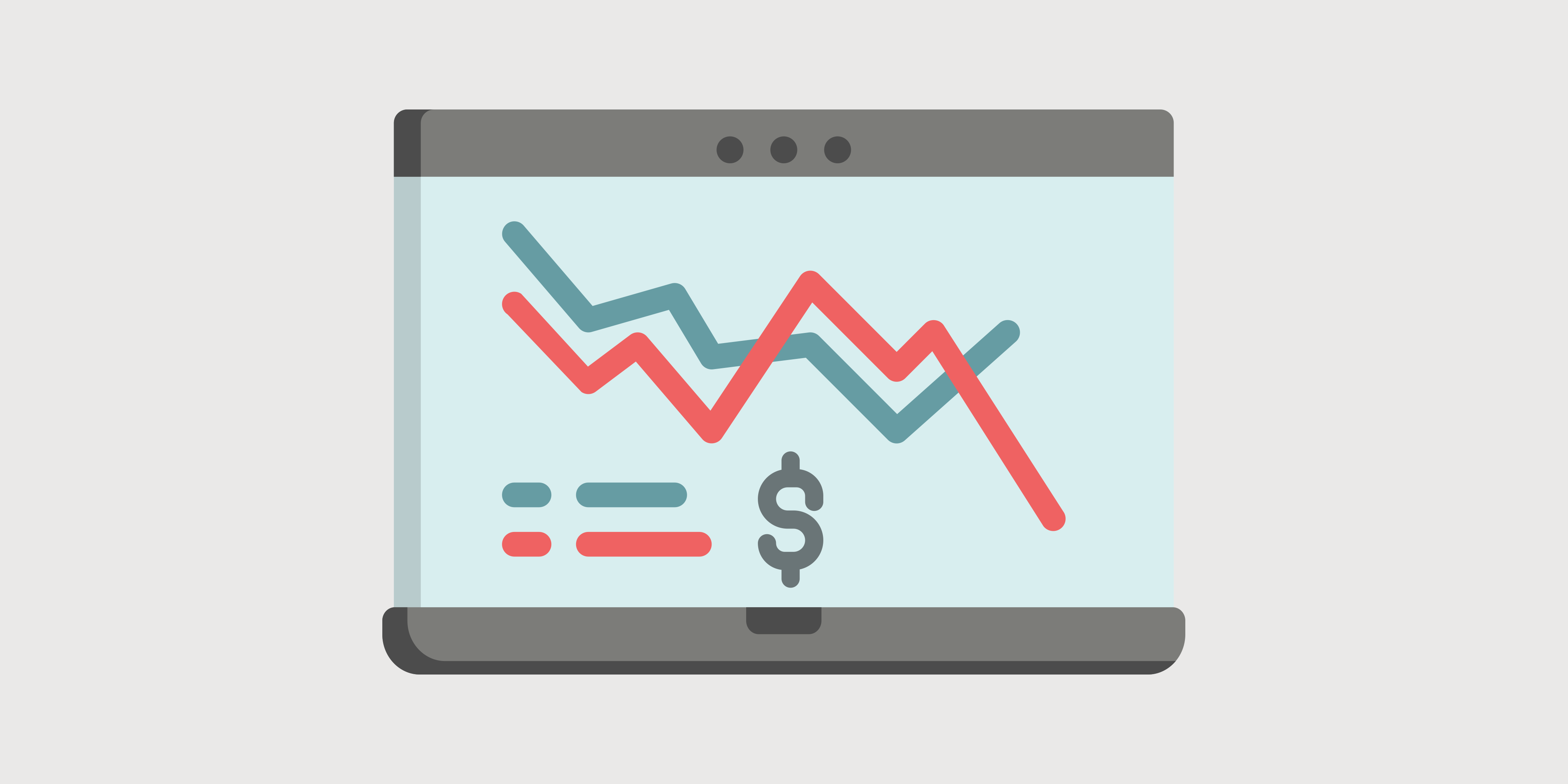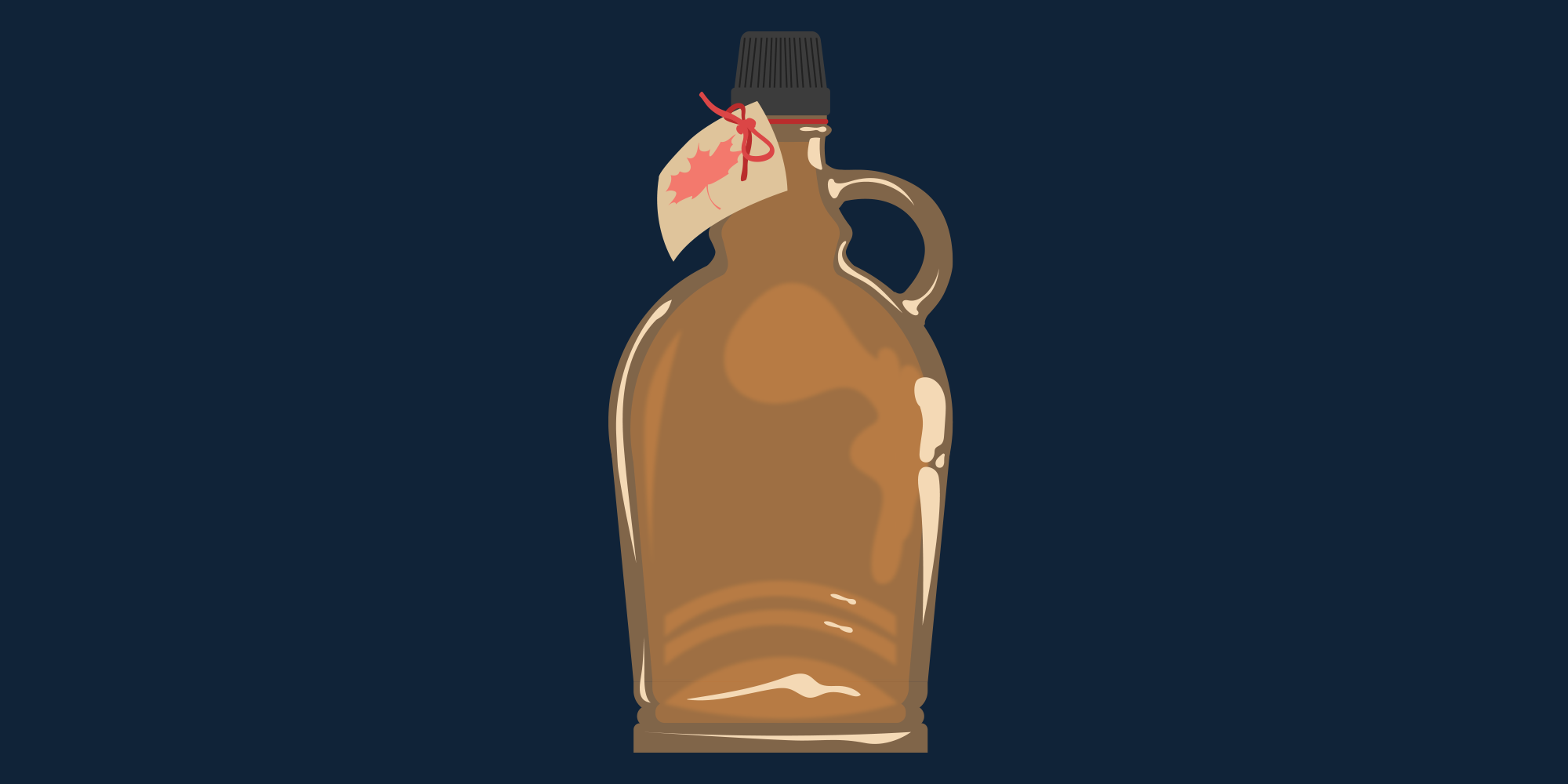Math skills, quick instincts and creative thinking are key to becoming a great bond trader
A bond trader’s primary responsibility is to make secondary markets to investors. Traders buy and sell bonds with investors and their competitors on a principled or agented basis. Each bond trader is allocated capital to maintain an inventory of different principled bond positions. Trading is an exciting but stressful job. Traders have many objectives. They must make money for their firm by getting a good return on the capital invested, do business with investors and provide secondary trading levels and insight as to what is really happening in the market to issuers (through their origination colleagues).
What does it take to be a good trader?
There are many capabilities needed to be a good trader beyond the obvious math skills. The ability to react quickly, to avoid letting emotions guide your decisions and to think outside the box are some things most would agree on. But the investment business is also an information and relationship business. It’s important to develop an ability to establish and maintain strong relationships with investors, issuers, colleagues and even competitors to be a successful trader.
How do I become a bond trader?
There is no one specific way to become a bond trader. An undergraduate degree in commerce, mathematics, finance, programming or engineering are all common starting points.
By far, the best way to get your foot in the door is by getting some on-the-job experience through a university co-op program, so going to a university that has a record of placing students in the finance industry is key.
Passing the Canadian Securities Course (CSC) exam is a regulatory requirement to work in the industry, and getting the Canadian Funds Course (CFC) prior to submitting an application is also a good idea.
Graduate degrees in commerce or mathematics aren’t necessary to become a trader, but they can help you get into the industry. Many traders obtain the Chartered Financial Analysts (CFA) designation while working (there are three levels, usually written one per year). Some candidates manage to pass level 1 prior making an application, but that is not common.
Many investment dealers hire graduate students into a sales and trading rotational program. These recent grads rotate into several different businesses, getting on-the-job experience in both sales and trading. Usually, it quickly becomes clear which grads are good candidates to be traders and which ones are best suited to become salespeople.
Is becoming a bond trader a good career decision?
Bond trading is not for everyone. It’s highly stressful and very demanding both emotionally and intellectually. There are times where you feel like you’re the worst trader in the history of capital markets, but if you don’t get too down on yourself too much, you can always find a way to turn things around. And if you’re good, it can be a fun, exhilarating and lucrative job.
In my humble opinion, for those who eat and breathe the market, it’s the best job in the world.






